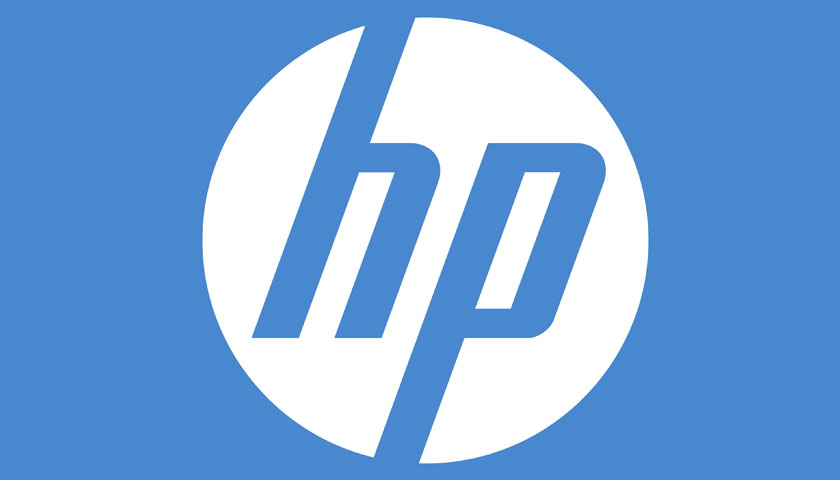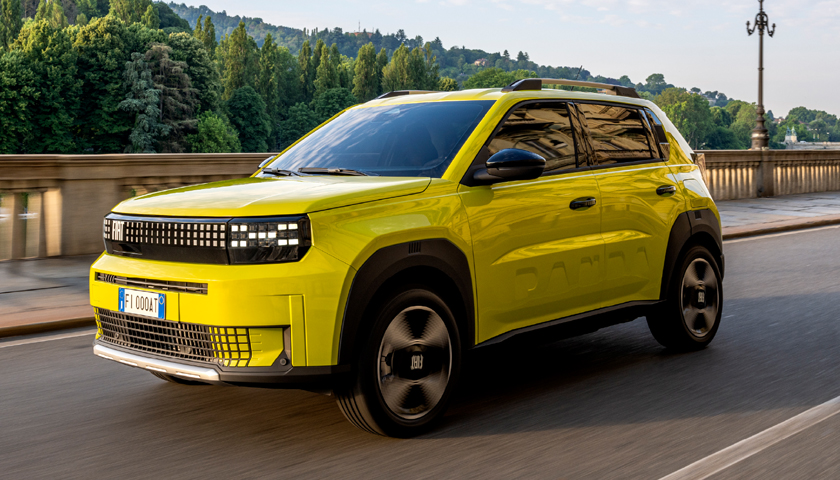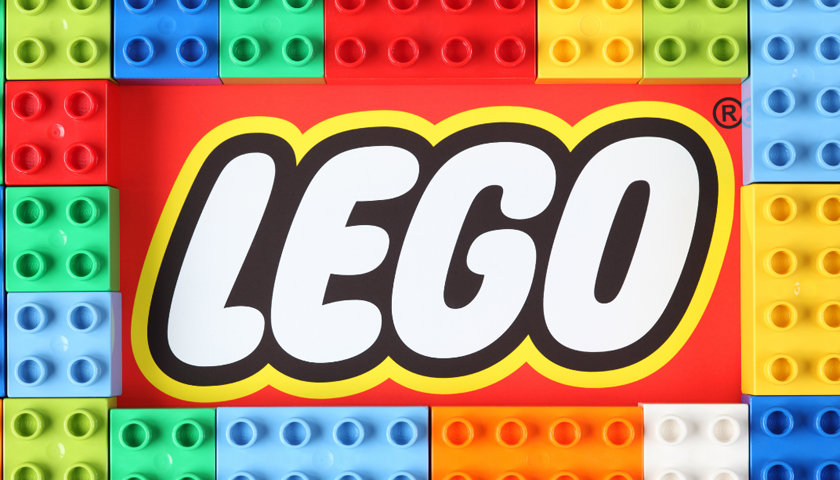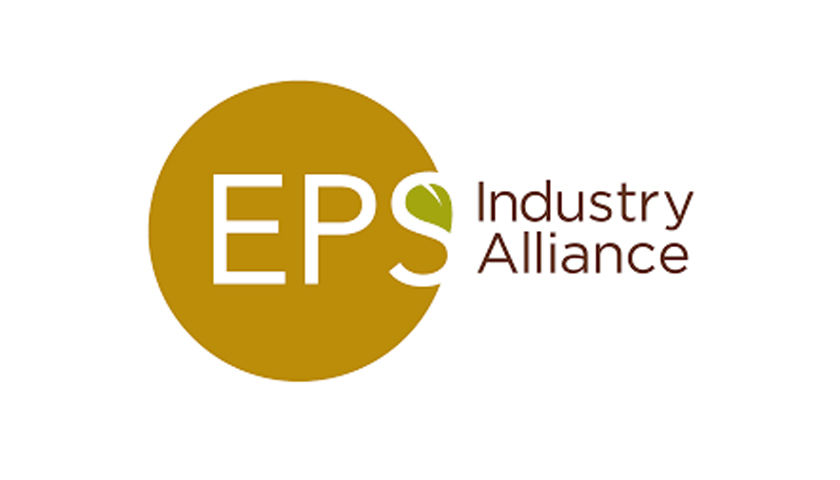UL announces HP, a leading provider of personal systems, printers and 3D printing solutions, has achieved recycled content validations from UL for five of their resins, which contain between 5 to 99% recycled content from ocean-bound plastic. HP is the first company to achieve validation from UL to the UL 2809 Environmental Claim Validation Procedure (ECVP) for Recycled Content Standard which now includes auditing of social responsibility procedures.
As a volume leader in using ocean-bound plastic materials in HP products, HP is focused on innovating and using sustainable materials while creating economic opportunities for underserved communities. HP embarked on finding a solution to validate the amount of recycled content in the resins they use, while also addressing social impact of this process.
HP worked with UL to audit suppliers to determine safe labor practices and risk mitigation at the recycled material collector in Haiti and added these criteria to the recently updated and expanded UL 2809 Standard.
The UL 2809 Standard specifically measures the amount of recycled content in products and was updated to include assessments of the social impacts of collecting pre-consumer and post-consumer recycled materials on local economies, including criteria for ocean-bound and ocean sourced plastics.
HP has upcycled more than 1 million pounds of ocean-bound plastic, roughly 35 million plastic bottles into its products. HP initially partnered with the First Mile Coalition to use ocean-bound plastic bottles to manufacture their Original HP ink cartridges and has scaled its use of ocean-bound plastic across its portfolio. HP’s validated ocean-bound resins are also used in the HP Elite Dragonfly, the world’s first PC with ocean-bound plastic, the HP EliteDisplay E273d, the world’s first display manufactured with ocean-bound plastics and the HP ZBook Create and ZBook Studio, the world’s first mobile workstation with ocean-bound plastic.
UL’s claim validation further augments HP’s social responsibility drive to use ocean-bound plastics in their recycled content. HP’s ocean-bound plastic programs are also creating new opportunities for economic advancement and education in local communities. In Haiti, HP’s partnership with the First Mile Coalition has helped create more than 1,100 income opportunities for adults in the country and has provided 150 children with quality education, food, and medical assistance.
HP continues to scale their ocean-bound plastic efforts and has made a commitment to include ocean-bound plastic material in all new HP Elite and HP Pro desktop notebook computers launching in 2020. They have also invested $2 million in a washing line in Haiti that will produce cleaner, higher quality recycled plastic locally for use in more HP products. This investment continues HP’s longstanding commitment to diverting ocean-bound plastic and contributing to a lower-carbon, circular economy while providing jobs and education opportunities locally.
Alberto Uggetti, vice president and general manager of UL’s Environment and Sustainability division, said, “We are proud to work with companies like HP leading the inclusion of social aspects in considering how materials like ocean-bound plastics in recycled content are evaluated. Reducing plastics in our oceans and waterways is a benefit to the environment and people. It empowers local communities and will set the standard for other consumer product companies. HP’s decision to pursue recycled content validation speaks to their commitment to circularity, social responsibility and a more sustainable economy.”
“HP believes that what’s good for the environment is good for both business and society,” said Ellen Jackowski, global head of sustainability strategy and innovation at HP Inc. “We recognize the importance of third-party validation in bringing recycled content claims to market. Validation to UL’s recycled content Standard helps ensure we are transitioning to a circular economy reliably and transparently, while creating a positive social impact for plastic collector communities. HP is reinventing its supply chain to accelerate the strategies that are in direct alignment with sustainable development, and in turn, helping to solve some of the most pressing global issues of our time.”
Dune Ives, executive director of Lonely Whale, the convening entity for NextWave Plastics, said, “When we launched NextWave Plastics in 2017, we knew that as leading companies such as HP established value from the more than eight million metric tons of plastic set to enter the ocean every year, the time would come to create a standard for ocean-bound plastic recycling. Consumers deserve the confidence that when purchasing a product that includes ocean-bound plastic, it delivers on its environmental and social promises. We look forward to working with our NextWave Plastics members and UL to create the most robust Standards and process that enables all of us to keep plastic in the economy and out of the ocean.”
Learn more about UL’s Recycled Content Validation program.



